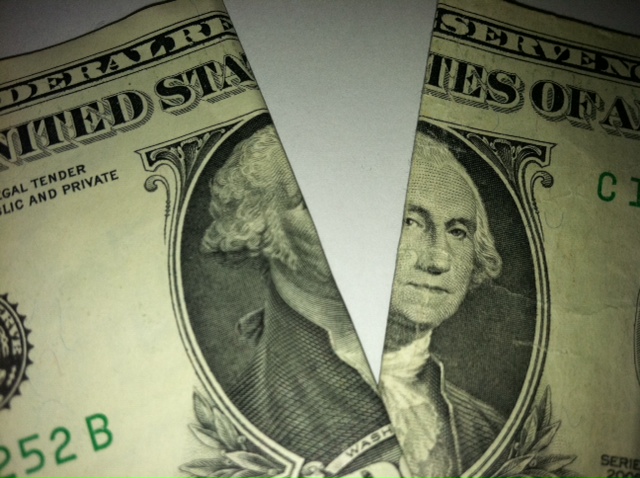Investing
Key Short Interest Changes in Defensive High-Yield Dividend Stocks
Published:
Last Updated:
The short interest data for the August 29 settlement date is out, and we have decided to look at what is happening in the short interest of the go-to high-dividend defensive stocks. What stands out about short selling high-yield dividend stocks is that there is something other short sellers do not have to worry about — being on the hook for a dividend as well as betting against a stock and paying the cost to borrow shares. The long and short of the matter is that short selling a high-dividend stock takes much more conviction and courage than short selling growth stocks.
24/7 Wall St. has looked at the current short interest report from the August 29 settlement date, compared to the August 15 settlement date and prior periods, for color. We have also shown what the dividend yield is that short sellers are on the hook for.
Altria Group Inc. (NYSE: MO) saw its short interest fall to 18.64 million as of August 29, versus 19.12 million in mid-August and 18.98 million as of the end of July. This was the lowest short interest back to April 30. Altria’s yield is now about 4.7% after a hike, and shares recently hit a new high.
AT&T Inc. (NYSE: T) saw another gain in the short interest, up to 212 million shares, as of August 29. That was versus 205 million shares short on August 15 and 196 million as of July 31. AT&T’s short interest is now higher than the 208 million high of the past year that we saw at the end of March. AT&T’s dividend yield is at 5.2%, and the stock is right in the middle of its 52-week trading range.
READ ALSO: The Most Heavily Shorted NYSE Stocks
General Electric Co. (NYSE: GE) saw another uptick in the short interest, to 72.08 million shares on August 29 from 71.44 million as of August 15. This is the highest short interest reading since mid-March’s 75.69 million shares. GE may not seem defensive on the surface, but it has the highest dividend yield of the major conglomerates. GE’s common stock dividend yield is 3.5%, now that the stock has been weak.
Kimberly-Clark Corp. (NYSE: KMB) saw a slight gain in the short interest, rising to 5.79 million shares as of August 29 from 5.68 million shares as of August 15. This is lower than the average seen in 2014. The consumer products giant’s dividend is now back up to about 3.2%, with shares currently under $107.
Merck & Co. Inc. (NYSE: MRK) saw yet another drop in the short interest, its fourth in a row. August 29 had a short interest at 26.8 million shares, versus 27.77 million as of August 15. This was the lowest reading in Merck’s short interest going back to January. Merck’s dividend yield is right at 3.1%, but the more than $60 stock price is within $1 of a multiyear high.
Pfizer Inc. (NYSE: PFE) saw its short interest little changed — at 69.499 million shares short as of August 29, versus 69.502 million shares short as of August 15. While this is so small it is hard to draw a conclusion, this is still above average for 2014. Pfizer’s dividend yield is 3.6%, as its stock remains stuck under $30.
Procter & Gamble Co. (NYSE: PG) saw its short interest rise to 28.68 million shares as of August 29 from 26.905 million on August 15. What should stand out here is that this is the highest short interest reading for the consumer products giant in over a year. P&G’s dividend yield is 3.2%, and at $83.64 shares are within $2 or so of the 52-week high.
READ ALSO: Nasdaq’s Most Heavily Short Stocks
Verizon Communications Inc. (NYSE: VZ) saw its short interest rise to 42.34 million shares as of August 29, versus 41.46 million shares short on August 15. This is the highest short interest reading since April 15. Verizon’s dividend yield is currently 4.2%, and its $48.75 stock price is in the middle of its 52-week trading range.
Let’s face it: If your money is just sitting in a checking account, you’re losing value every single day. With most checking accounts offering little to no interest, the cash you worked so hard to save is gradually being eroded by inflation.
However, by moving that money into a high-yield savings account, you can put your cash to work, growing steadily with little to no effort on your part. In just a few clicks, you can set up a high-yield savings account and start earning interest immediately.
There are plenty of reputable banks and online platforms that offer competitive rates, and many of them come with zero fees and no minimum balance requirements. Click here to see if you’re earning the best possible rate on your money!
Thank you for reading! Have some feedback for us?
Contact the 24/7 Wall St. editorial team.